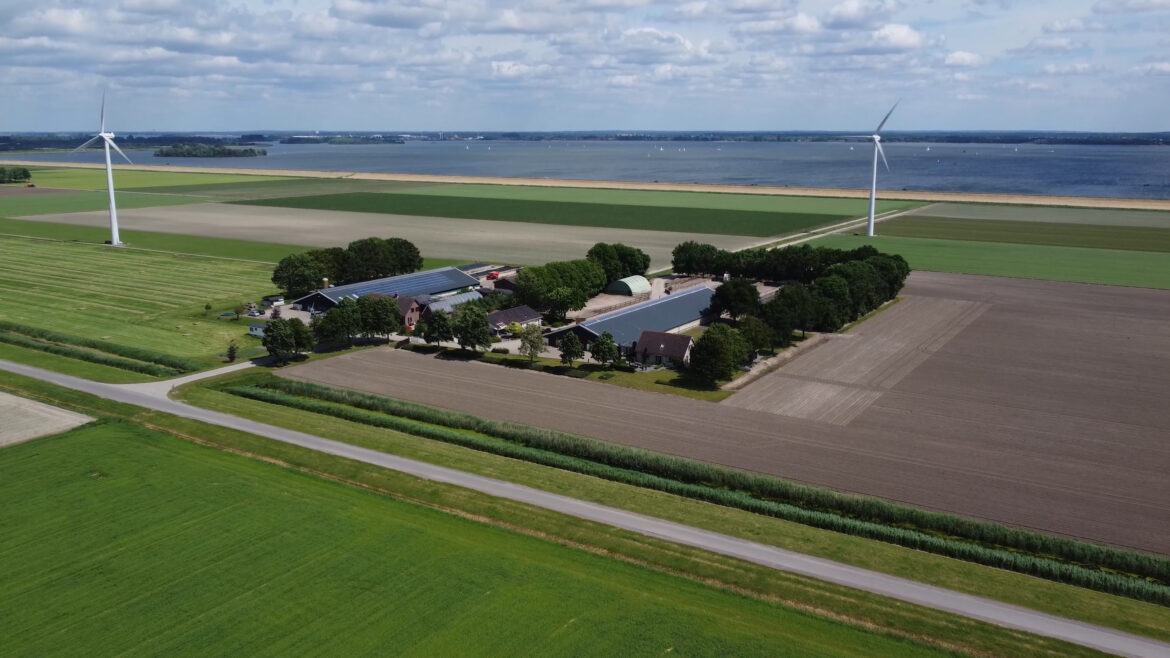By Anabel Wolfe Carter
This year’s United Nations Conference of Parties, COP26, took place in November in Glasgow with the overarching goals of securing global net zero carbon emissions by mid-century, limiting global warming to 1.5 degrees Celsius, protecting communities and natural habitats, mobilizing finance, and working together to complete these goals. As part of the conference, one hundred local governments gathered to present the Glasgow Food and Climate Declaration and bring attention to the need for food system transformation as part of climate change policy.
What the declaration includes:
The declaration builds on previous work by the World Urban Forum Medellin, the Milan Urban Food Policy Pact, the C40, and others as a solution to “the climate emergency with co-benefits for biodiversity, ecosystem regeneration, circularity, access to sustainable and healthy diets for all, and the creation of resilient livelihoods for farm and food workers.” It is open to signatures from subnational, regional, local and indigenous governments around the world.
The declaration states that in order to build sustainable food systems and fight climate change, governments will commit to:
- Develop and implement integrated food policies that include assessing the reduction of greenhouse gas emissions from food systems and collaborating on the best practices among governments.
- Reduce greenhouse gas emissions from urban and regional food systems and build sustainable food systems for everyone.
- Call on national governments to establish policy frameworks for coordinated decision making.
As the Food Foundation writes, the declaration is a political statement. It broadly addresses the need for food to be considered in discussions of climate change action. Through boosting voices of smaller governments, the declaration will hopefully put pressure on larger governments to act swiftly. The declaration is a continued call to action as it will be passed on from year to year at future UN climate change conferences.
Next steps for The Glasgow Food and Climate Declaration:
There will be an open event held in January of 2022 for signatories and anyone interested in signing to collaborate on the next steps for the declaration. City Talk, a blog created by the International Council for Local Environmental Initiatives (ICLEI), also mentioned a remark by Maria Carrascosa, a representative for Barcelona and Cities for Agroecology, who asked signatories during the declaration’s proceedings at COP26 to join the Barcelona Challenge for Good Food and Climate by March 2022. The Barcelona Challenge hopes to make changes in local food systems to ensure “sufficient, sustainable, healthy, and nutritious diets for all.”
Other food topics at COP26:
The European Commission had a brief news article on the discussion of agriculture at the conference, which included the vulnerability of agriculture to climate change. Changes to the agricultural system will be “crucial to guarantee food security and ending hunger throughout the globe as well as to achieve climate objectives, such as emission reductions.” Specific transitions included better soil and nutrient management through organic fertilizer and manure management. Other key topics focused on the sustainable management of livestock systems and the need for more support and resources to achieve these goals.
The Slow Food Climate Declaration was also presented by members of the Slow Food organization and highlights another important aspect of food policy. Slow Food turned in signatures at the conference to support their belief that food systems should move towards being diversified, sustainable, and working with nature. They argued that: food and agriculture should be discussed further during the final declarations of COP26, that agroecology to be a key tool for protecting biodiversity, that climate neutrality be met by 2050, the need for a “food system that is low-energy, low waste and supports small-scale producers and short supply chains, and for COP26 to clearly indicate how we will reach it”, an action plan that will reduce and improve production of meat and dairy, and halve food waste by 2050.
Other food policies presented at the conference can be found on City Talk’s blog.
Learn More About The Glasgow Food and Climate Declaration:
News Articles:
- Local Government Leaders Sign the Glasgow Food and Climate Declaration at COP26 (Food Tank)
- COP26: What About the World’s Food system? (New Hope Network)
- The Glasgow Food and Climate Declaration presented at COP26 (Eating Better)
- Food and Agriculture Takeaways From the COP26 Climate Conference (Modern Farmer)
- London Mayor pledges to address climate impact of food (Sustain)
- OPINION: COP26 should learn from cities pioneering food systems innovation (Thomson Reuters Foundation News)
Videos and Podcasts:
- Full presentation of the Glasgow Food and Climate Declaration (YouTube)
- Webinar of the Launch of the Glasgow Food and Climate Declaration (YouTube)
- Food systems at the heart of climate action: the Glasgow Food and Climate Declaration at COP26 (YouTube)
- Food Talk Episode 250. Pete Ritchie, Chantal Clement on transforming the food system through local movements (FoodTalk)


